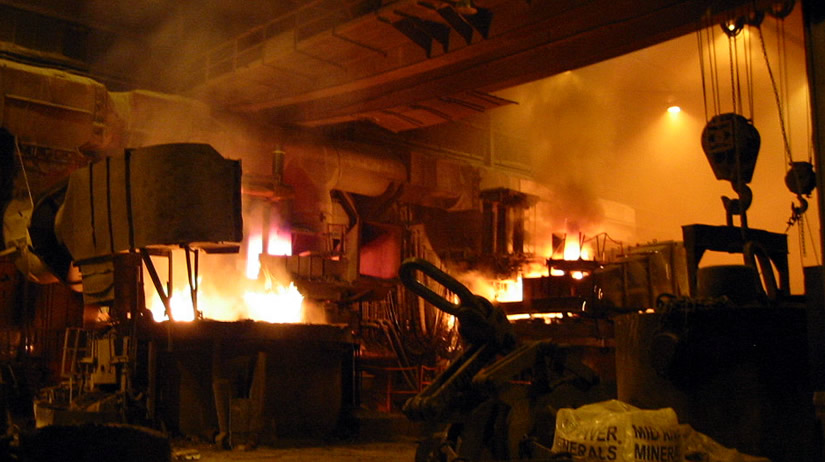The World Is Full of Hard Businesses. You Should Probably Avoid Investing In Them.
A few evenings ago, I was sitting at my home study desk going through the pile of annual reports that have been arriving over the past few weeks, all of which I’ve been too busy to read. I was halfway through the 10K filing of an engineered products manufacturer, in which I still own a few shares as a result of a spin-off I received my freshman year of college, when I shut it and went on to the next.
Why? It is a hard business. The world is full of hard businesses that face daunting challenges. That’s fine. The world needs those businesses. They provide vital products and services. They employ people. They generate tax revenue. They aren’t right for me because what I want is a cash profit on my investment. I want money deposited into my CCDA, constantly flowing in over time, in ever-increasing amounts, protecting itself naturally against inflation, wars, politics, and social upheaval. That sort of perfect investment doesn’t exist but there are some that come much closer than others. Manufacturing cyclical products, such as engines for the United States Navy or sealing gaskets for coffee makers, is not the best way to build long-term wealth unless you get a very good price. It’s great for short-term trading opportunities, and it may yet defy the odds, but why bother? Life is too short. For every Southwest Airline there are dozens upon dozens of airlines that have declared bankruptcy multiple times.*

The world is full of hard businesses like steel mills. As a general rule, it is best to avoid them if you want to make a lot of money given that they tend to involve more risk due to lower returns on capital, weaker balance sheets, higher indebtedness, and a host of other factors. Exceptions sometimes apply, especially for sophisticated investors, but it typically holds true.
If you want to get rich young, or at least faster than the general public, the best place to start is in an area that lends itself to high returns on non-leveraged equity, scalable expansion, and in which you can protect your profit margins through some sort of durable advantage that is hard to replicate, be it trademarks, patents, protected trade areas, unique market niches, or geographic limitations. You have much better odds at growing generational wealth running a software company than you do a steel mill. That’s just the nature of the business models themselves.
Signs You Are Investing in a Hard Business
Obviously, a hard business is the opposite of a good business. What are some signs of hard businesses?
- A hard business requires ever increasing capital invested at low returns on non-leveraged equity.
- A hard business isn’t able to raise prices easily with inflation without getting a lot of fightback from customers.
- A hard business isn’t scalable.
- A hard business has a lot of stakeholders fighting over a limited pie; be it unions, governments, vendors, or shareholders.
- A hard business requires you to be smart all of the time. A single mis-step can destroy years of work.
- A hard business offers commodity-like fungible products with no differentiation in the market.
- A hard business requires lots of short-term liabilities to fund long-term assets.
As Nancy Reagan said in her war on drugs, when it comes to a hard business, “Just say no.” When my sister worked for one of the biggest airlines in the world, I never allowed her to buy a single share of stock in her employer. Today, the stock of her employer has lost almost 75% of its value since she worked there. Yet, her retirement accounts are up materially. Why? Because I had her buying shares of consumer product giants, candy makers, oil refiners, tobacco growers, and a host of other quality businesses purchased at attractive prices. The dividends were reinvested tax-free. If you want your financial cattle to grow fat, it is best to graze in green pastures.
* The read was worth it, though. I have been studying 524(g) trusts, created in bankruptcy as a way to resolve claims against companies and other institutions. There was a useful discussion about 100 pages into the report that I’m glad I found.


